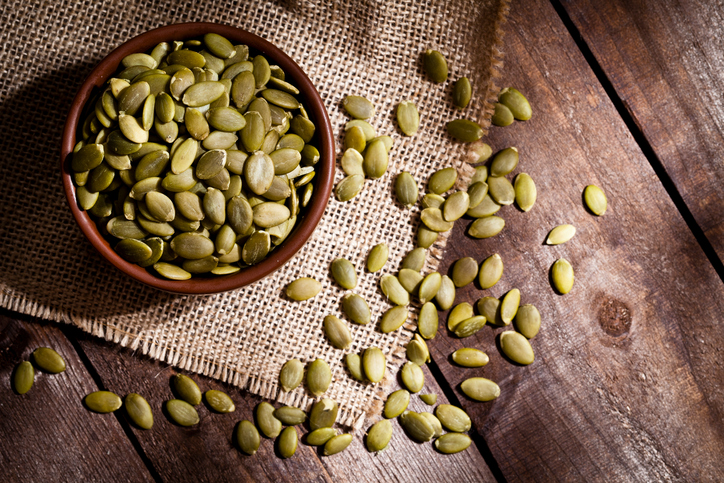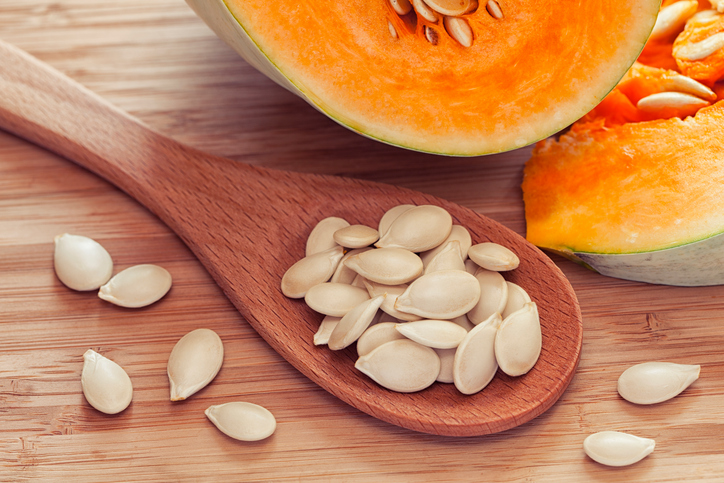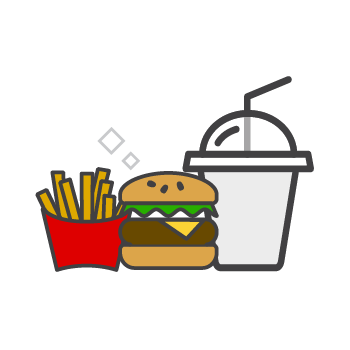The Potent Power of Pumpkin Seeds
by Karen Rollins Oct 14, 2019

You’ve probably heard that pumpkin seeds are one of the most potent superfoods, but what makes this seed so good for us?
We’ve taken a closer look at the power of pumpkin seeds and why we should all be adding them to our diet.
What are pumpkin seeds?
Pumpkin seeds are flat, green edible seeds which have become increasingly popular after they were identified as a so-called ‘superfood’. Superfoods are nutrient-dense foods packed with essential vitamins and minerals.
Why are they so good for you?
Pumpkin seeds are exceptionally high in magnesium which is one of the seven essential macro-minerals. Magnesium is vital for the proper functioning of muscles and plays an important role in over 300 enzymatic reactions within the body, including the metabolism of food and controlling blood pressure.
Magnesium deficiency is a common problem in many Western countries and is linked to health problems such as coronary heart disease and osteoporosis.
Two tablespoons of pumpkin seeds contain 74 milligrams of magnesium which is about 25 per cent of the daily recommended dietary allowance.

What else?
Pumpkin seeds are a good source of antioxidants like carotenoids and vitamin E as well as zinc, copper, calcium, iron and selenium.
They also contain a significant amount of fibre and omega-3 and omega-6 fatty acids which have benefits for both the heart and liver.
The fibre in pumpkin seeds helps to lower the total amount of cholesterol in the blood and reduce the risk of heart disease. Research suggests omega-3 fatty acids can decrease the risk of thrombosis and arrhythmias, which lead to heart attacks and strokes.
How can I use them in my diet?
Pumpkin seeds are versatile and can be combined with breakfast granola or as a topping for fruit salad to start your day on a healthy footing.
Toasted pumpkin seeds are perfect when sprinkled over garden salad or on meals such as curry or oven-baked fish.
They can even just be eaten as a healthy, crunchy snack instead of crisps or chocolate.
Sources: Medical News Today / BBC Good Food / Healthline








